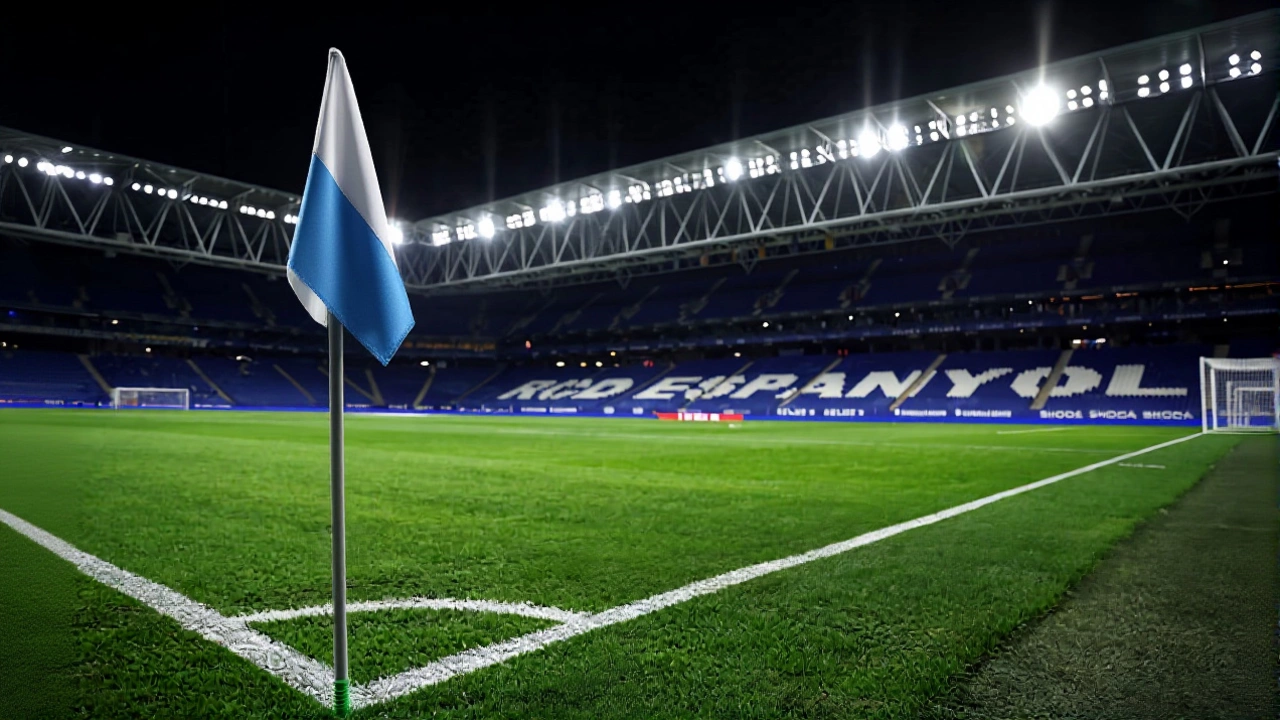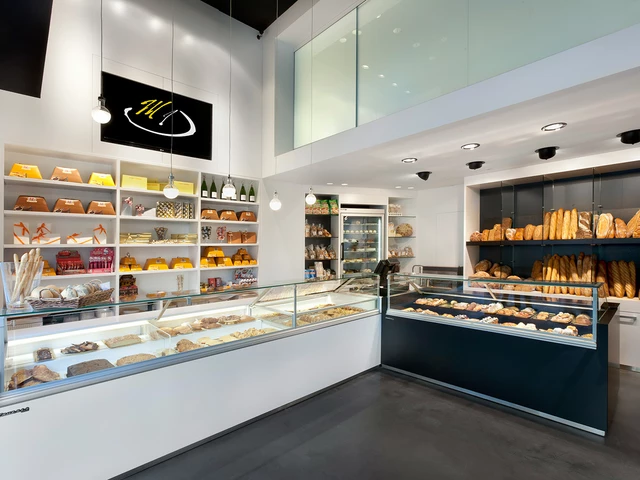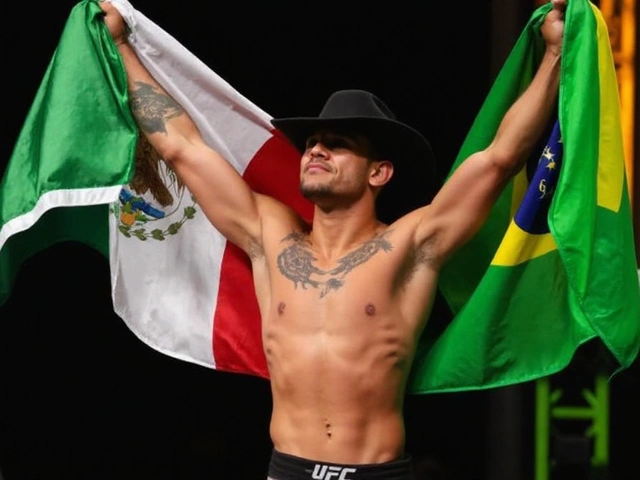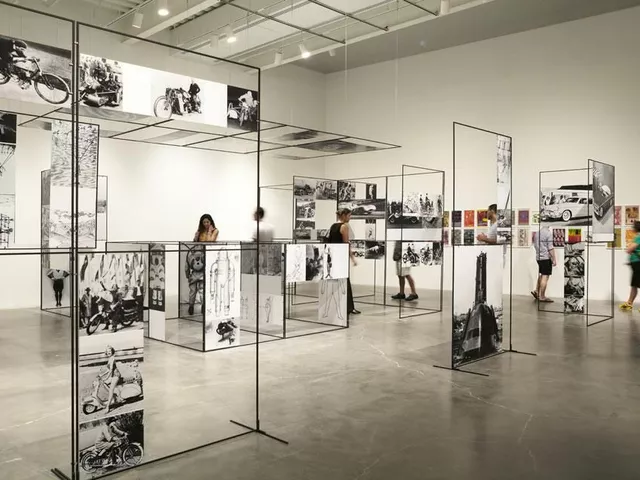The John F. Kennedy Center for the Performing Arts in Washington, D.C. sold just 57% of its available tickets between September and mid-October 2025 — a nearly 50% plunge from the same period in 2024. Empty seats aren’t an anomaly anymore. They’re the new normal. And it’s not because audiences stopped caring about the arts. It’s because many now see the Kennedy Center as politically tainted.
When the Board Changed, the Audience Left
In February 2025, former President Donald Trump installed a new slate of board members loyal to his administration, effectively taking control of the federally funded institution. The shift wasn’t subtle. Within weeks, programming changed: classical concerts featuring artists critical of Trump were quietly canceled. A planned performance by the National Symphony Orchestra was restructured to exclude works by composers with known liberal affiliations. By summer, word spread. Ticket buyers — especially D.C.-area residents and arts patrons who’d once lined up for months — started staying away."It felt like a museum curated for one side of the political aisle," said a longtime subscriber, who asked not to be named. "I’ve been coming here since the ’90s. I don’t want to feel like I’m endorsing a party just to hear a symphony."
Contrast in the Culture: Live Nation Soars, Kennedy Center Sinks
While the Kennedy Center’s sales cratered, Live Nation Entertainment Inc. reported an 80% year-over-year surge in stadium ticket sales from January to mid-April 2025. On September 28, 2024, country star Zach Bryan shattered records at Michigan Stadium in Ann Arbor, selling 112,408 tickets — the largest ticketed concert in U.S. history. The cheapest seat? $100. People paid it. And they bought merch, too.What’s the difference? No politics. No censorship. Just music. "Live events are still a draw, even as Americans cut back in other areas," said industry analyst Baker. "But institutions tied to government and partisan optics? That’s a different story."

The Bigger Picture: A Fractured Entertainment Economy
The Kennedy Center’s collapse doesn’t exist in a vacuum. StubHub, eBay’s ticket resale platform, is under scrutiny for refusing to disclose sales data. Why? Because the market is unraveling. Visa fees for foreign musicians jumped from $460 to $1,615 in 2024, according to Chartmetric. Many international acts can’t afford to tour. Smaller venues are shuttering. Even United Parks & Resorts Inc., which runs SeaWorld and Busch Gardens, reported falling attendance — blaming bad weather, but quietly admitting that families are skipping trips altogether.Meanwhile, 31% of Americans told Deloitte their finances were worse in 2025 than in 2024 — up from 26% the year before. People aren’t broke. They’re choosing. And when they choose, they’re skipping politically charged spaces.
Why the Kennedy Center Is Unique
No other major U.S. cultural institution — not the Smithsonian, not Lincoln Center, not the Getty — saw anything close to this drop. The New York Philharmonic sold out its fall season. The Los Angeles Philharmonic added extra performances. But at the Kennedy Center, the silence is deafening. "It’s not the economy," said a former staff member. "It’s the perception. People don’t trust it anymore."
What’s Next? No Answers, Just Questions
The Federal Trade Commission is investigating "junk fees" in ticketing, a move that could pressure companies like StubHub to be more transparent. But no one’s investigating the Kennedy Center’s board. No hearings. No subpoenas. Just empty seats and fading lights.Will Congress act? Unlikely. Will the public boycott continue? Almost certainly. And if the board doesn’t change course — if the programming doesn’t become inclusive again, if the political agenda doesn’t retreat — the Kennedy Center risks becoming a ghost of its former self. A monument to art, yes. But also to division.
Frequently Asked Questions
Why are ticket sales at the Kennedy Center falling so sharply?
Sales dropped to 57% from September to mid-October 2025, down nearly 50% from 2024, after former President Donald Trump installed a politically aligned board in February 2025. Programming changes, perceived censorship, and alienation of longtime patrons — especially those who view the Center as a nonpartisan space — have driven audiences away. No comparable decline has been reported at other major U.S. cultural institutions during the same period.
How does this compare to other entertainment sectors?
While the Kennedy Center struggles, commercial entertainment is thriving. Live Nation reported an 80% surge in stadium ticket sales in early 2025, and Zach Bryan sold over 112,000 tickets in a single show. The difference? No political interference. Audiences are cutting back on discretionary spending, but they’re still spending on pure entertainment — as long as it’s not tied to partisan optics.
What role do rising visa fees play in the broader arts decline?
Visa fees for foreign musicians jumped from $460 to $1,615 in 2024, according to Chartmetric, making U.S. tours financially unviable for many international artists. This reduces diversity in programming and shrinks the pool of touring acts, particularly impacting mid-sized venues. While not the main cause of the Kennedy Center’s collapse, it’s part of a wider erosion of the live arts ecosystem.
Is the Federal Trade Commission investigating the Kennedy Center?
No. The FTC is probing "junk fees" in ticketing platforms like StubHub, not institutional governance. The Kennedy Center’s decline stems from political board appointments and programming shifts, not ticket pricing practices. Critics argue this oversight gap allows politically motivated decisions to go unchallenged, even as public funding is at stake.
Could the Kennedy Center recover its audience?
Yes — but only if the board reverses course. Restoring artistic independence, reinstating canceled performances, and publicly reaffirming nonpartisanship could rebuild trust. But with the current leadership tied to the Trump administration, no such shift is expected. Without change, the Center risks becoming a symbol of cultural polarization rather than national unity.
How are Americans’ finances affecting arts attendance?
Deloitte’s 2025 Holiday Travel Survey found 31% of Americans say their financial situation is worse than in 2024 — up from 26% the prior year. While this contributes to reduced spending, it doesn’t explain the Kennedy Center’s unique collapse. People are still attending high-profile concerts and theme parks — just not institutions they perceive as politically biased. Financial strain amplifies the problem, but it’s not the root cause.





